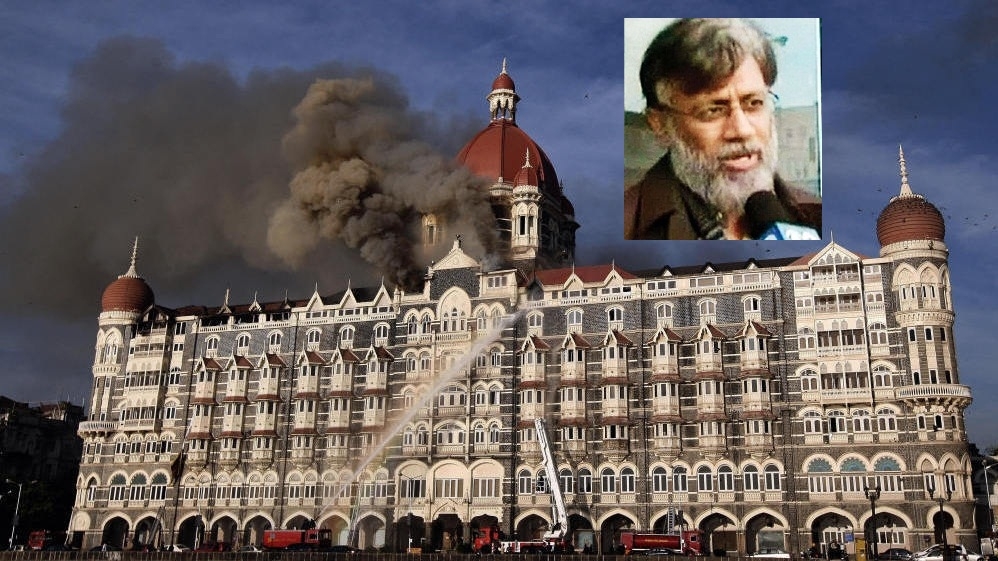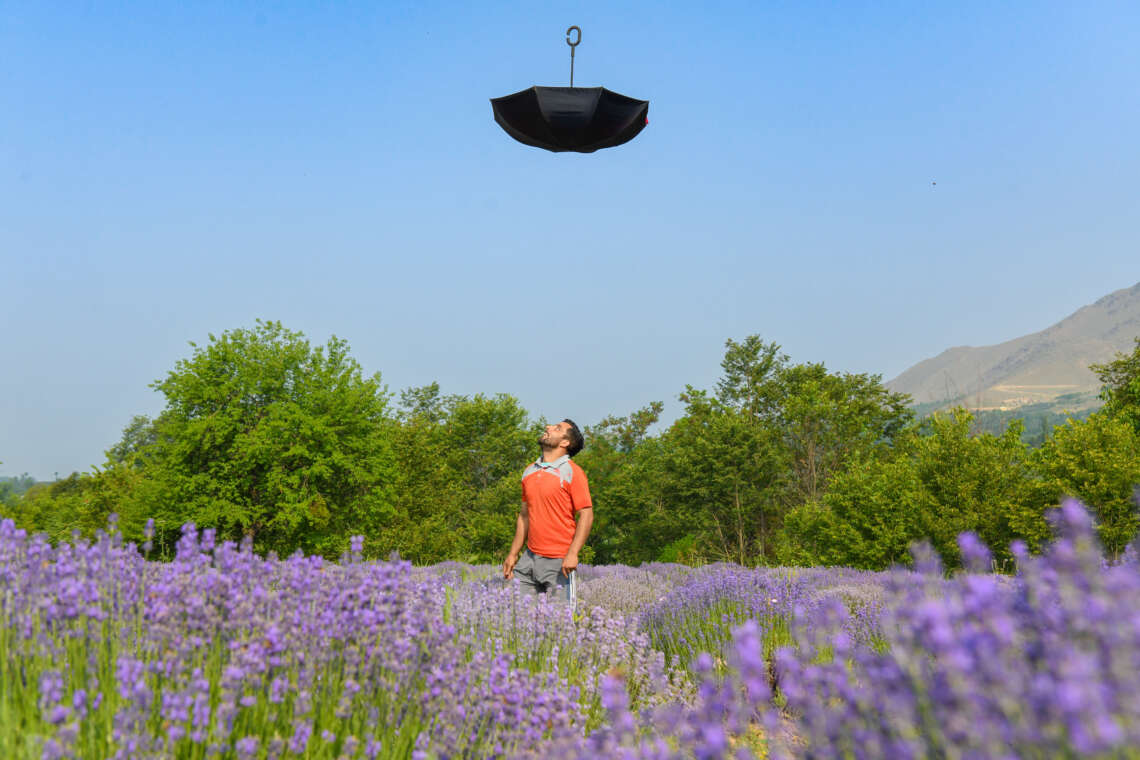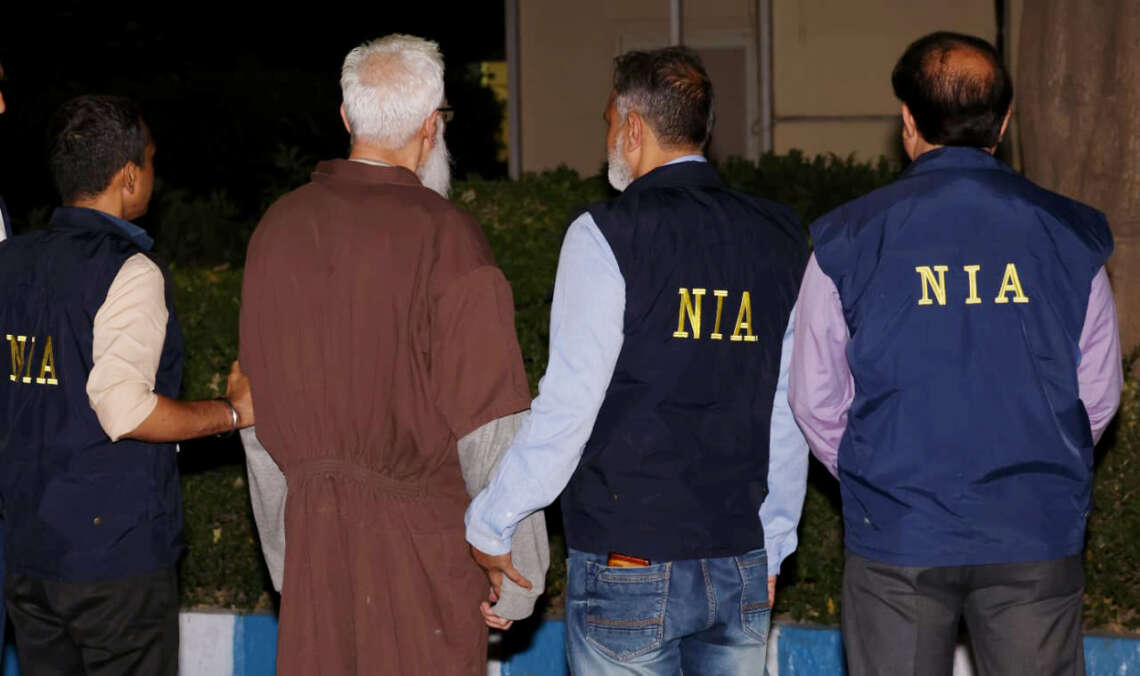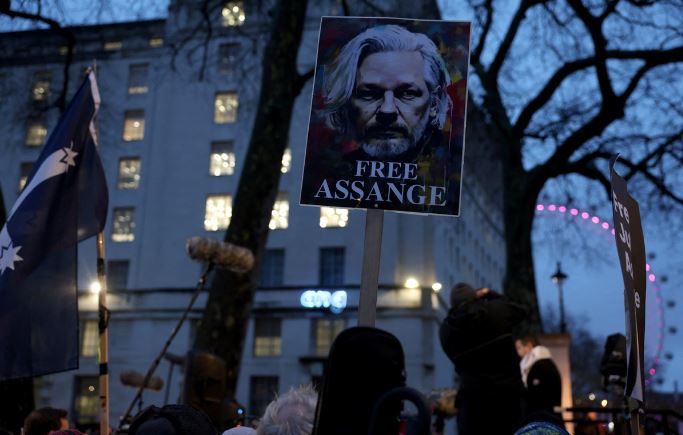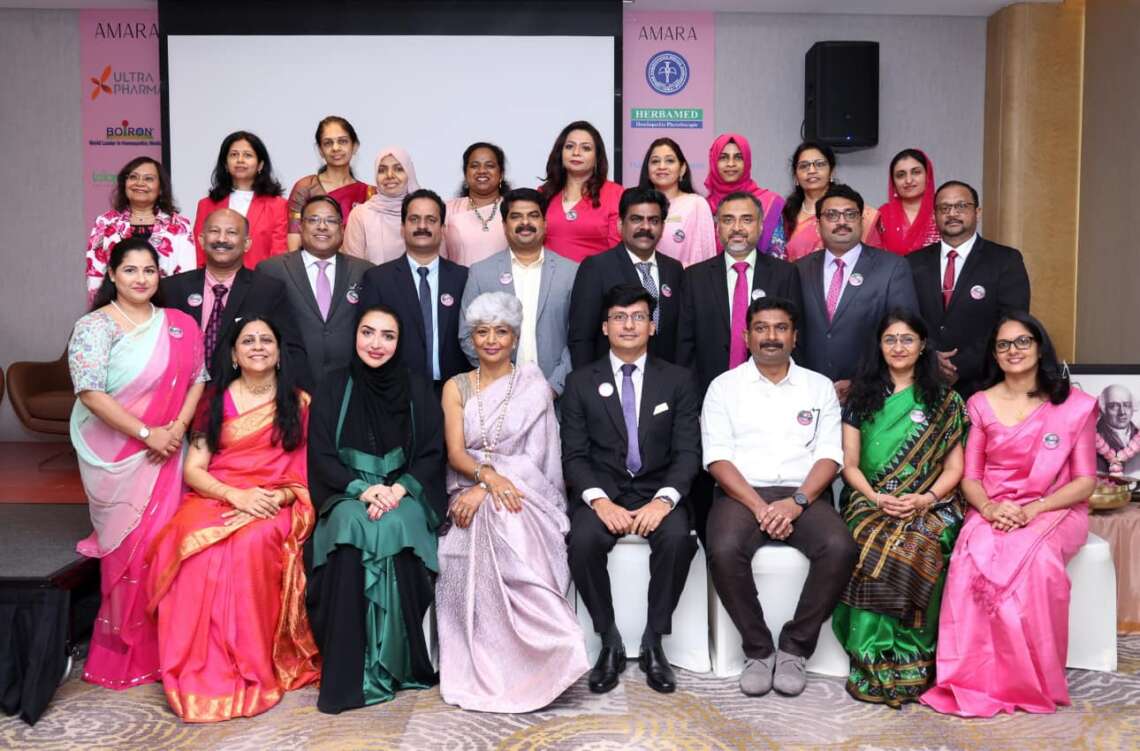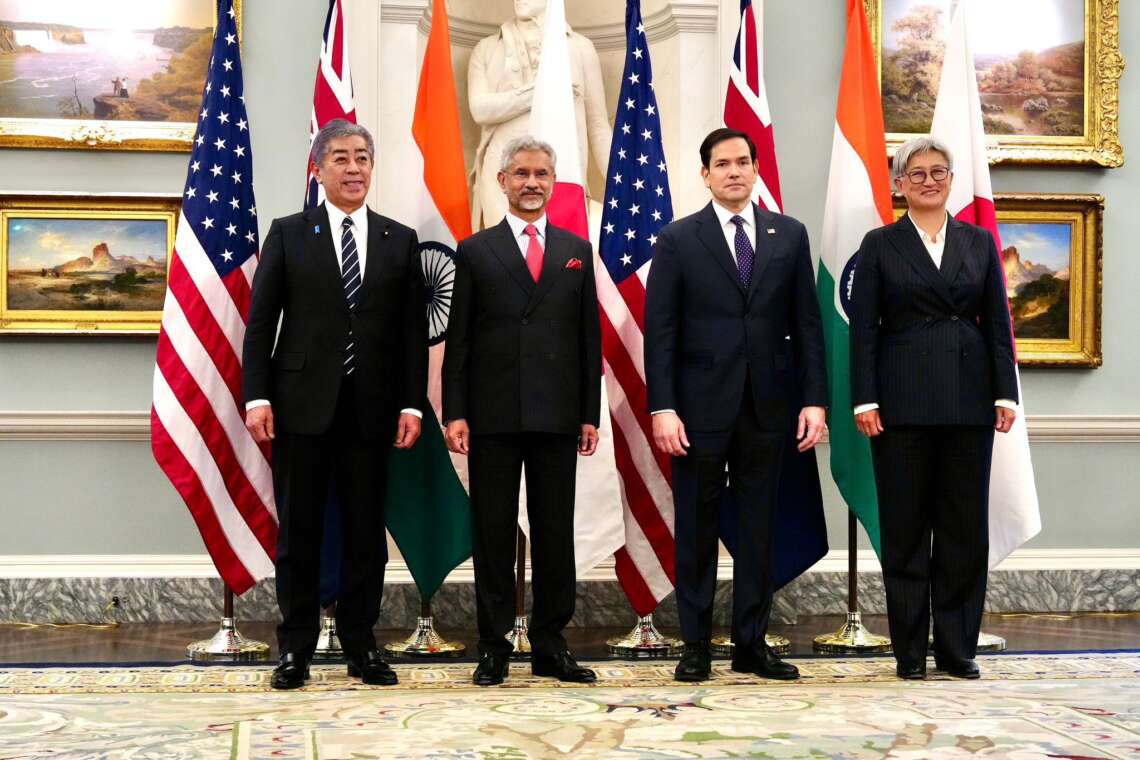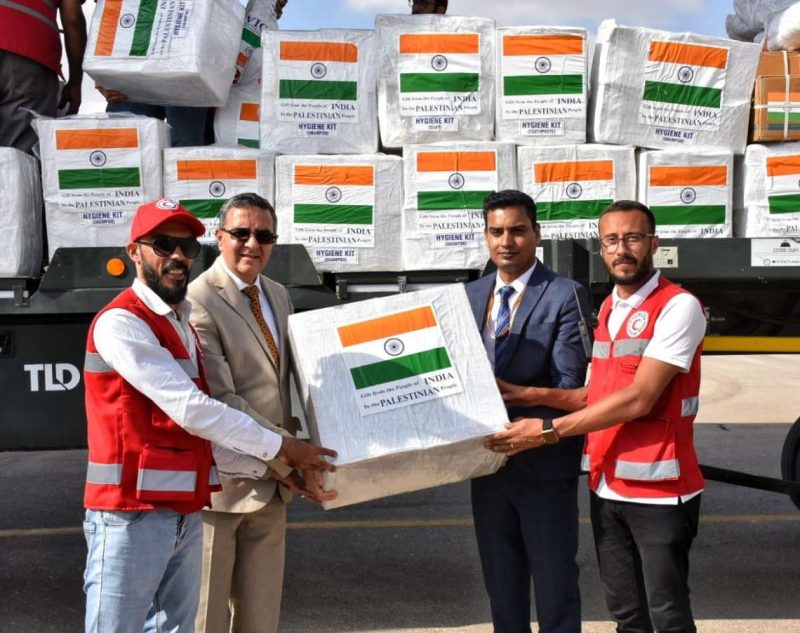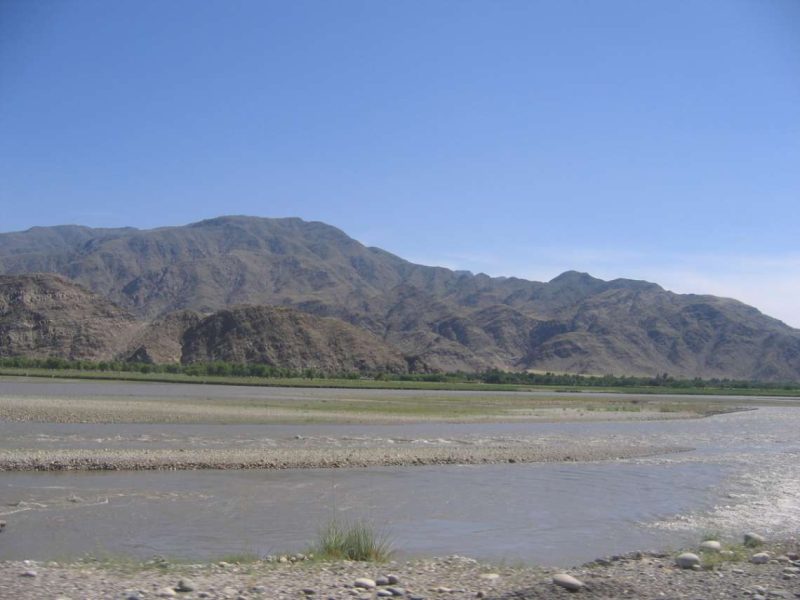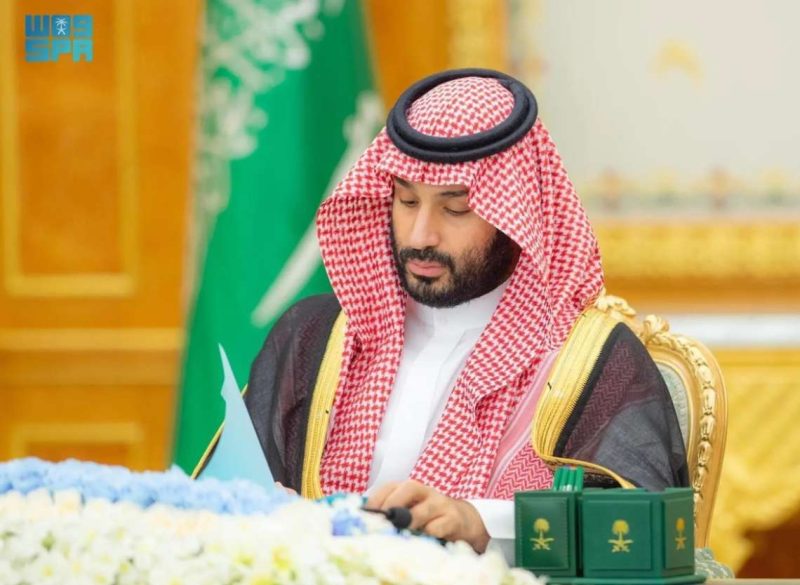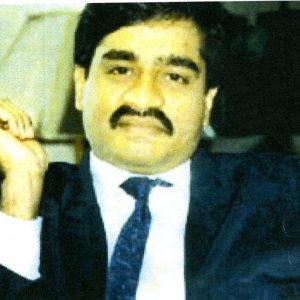Rana, a Canadian national of Pakistani origin, has been declared a fugitive by India and faces multiple criminal charges related to the attacks that left 166 people dead, including six US citizens.
In a major development, the US Supreme Court on Saturday approved the extradition of Tahawwur Rana, a key accused in the 2008 Mumbai terrorist attacks, to India.
Rana, a Canadian national of Pakistani origin, has been declared a fugitive by India and faces multiple criminal charges related to the attacks that left 166 people dead, including six US citizens.
The US Supreme Court dismissed Rana’s review petition against his extradition. He had filed a “petition for a writ of certiorari” in November last year, which was rejected on January 21.
This decision came a day after Donald Trump was sworn in as the 47th US President.
“Petition denied,” the court stated.
Rana’s plea followed a series of failed legal battles in lower and federal courts, including the US Court of Appeals for the North Circuit in San Francisco.
US Solicitor General Elizabeth B. Prelogar had urged the Supreme Court to reject Rana’s petition, a recommendation challenged unsuccessfully by Rana’s counsel, Joshua L. Dratel.
Rana, currently detained at the Metropolitan Detention Center in Los Angeles, is also a close associate of David Coleman Headley, the Pakistani-American Lashkar-e-Taiba terrorist who played a key role in planning the Mumbai terror attacks.
Headley, who turned approver in the case, is serving a 35-year prison sentence in the US for his involvement in the brutal terror attacks on Indian soil.
India has been pursuing Rana’s extradition to hold him accountable for his alleged role in facilitating the deadly attacks, which targeted iconic locations in Mumbai over four days in November 2008.
The attacks, orchestrated by the Pakistan-based Lashkar-e-Taiba, are among the worst terror incidents in India’s history.
With the Supreme Court’s decision, Rana has exhausted all legal options to avoid extradition, paving the way for India to bring him to trial.
This marks a significant step in the long-standing quest for justice for the victims of the 26/11 attacks.
‘Rana’s interrogation will expose ISI-Lashkar links’
Renowned Special Public Prosecutor of the 2008 Mumbai terror attacks, Ujjwal Nikam, has hailed the US Supreme Court’s decision to extradite Tahawwur Rana, an alleged conspirator in the 26/11 terror attacks, to India.
“This is a major victory for the Indian government,” Nikam stated while addressing the media on Saturday.
He explained that Rana’s appeal to the US Supreme Court, which argued against extradition citing his conviction in a Chicago court, was firmly rejected.
“The U.S. government opposed his petition, emphasising the need for him to face trial in India. The US Supreme Court’s decision paves the way for his extradition,” Nikam elaborated.
Talking about the potential impact of Rana’s interrogation, Nikam said, “This is an essential step forward. His questioning might unveil new dimensions of the Pakistan Army’s involvement in the 26/11 terror attack.”
Recalling his earlier interrogation of David Coleman Headley, a key conspirator in the Mumbai attack case, Nikam added, “Headley revealed the deep-seated collusion between Pakistan’s Inter-Services Intelligence (ISI) and Lashkar-e-Taiba. Similarly, Rana’s testimony could provide critical insights into the ISI-Lashkar nexus.”
Prominent political figures also commented on the development. Maharashtra BJP MLA Ram Kadam credited Prime Minister Modi’s effective foreign diplomacy for the extradition.
He said, “The path has been cleared to bring Tahawwur Hussain Rana to India. This is a major triumph for the country. His interrogation will once again expose Pakistan’s infamous role in global terrorism.”
Sanjay Raut of Shiv Sena (UBT), however, asked when other culprits would be brought to justice.
“This is a routine judicial process. While it’s commendable, we must also question the broader issue. When will other culprits like Nirav Modi, Dawood Ibrahim, and Tiger Memon be brought to justice? These matters cannot be overlooked.”
NCP (SP) leader Fahad Ahmad said, “While it is better late than never, we must focus on extracting as much information as possible from the accused. However, this should be a non-partisan effort, free from attempts to seek political credit or portray oneself as a hero. An investigation into the delays in handling this case is necessary to ensure such incidents do not recur in the future.”


